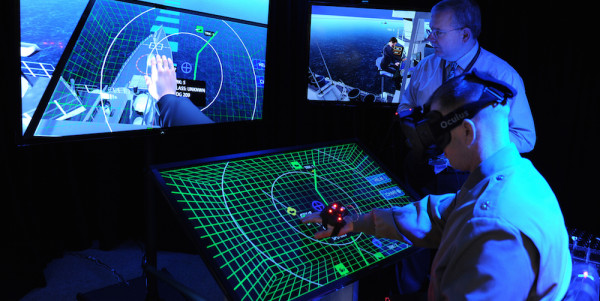

Anyone considering a new career path –- particularly transitioning service members and veterans –- ought to give special consideration to the fastest growing areas of the economy. Growth in the technology sector has led to significant opportunities in recent years. Yet those opportunities are perhaps not what you may expect, instead reflecting the unique nature of the leading companies in the technology sector today.
The country’s largest publisher, Facebook, produces none of its own content. The country’s largest provider of accommodations, AirBnB, owns no property. The country’s largest provider of ground transportation, Uber, owns not a single car. And retail behemoth, eBay, holds no inventory. The so-called sharing economy has completely disrupted traditional industries, and in so doing, changed the face of the American workforce.
Rapid growth in the technology sector has not only led to growth in technology-related jobs, but to professional opportunities across the full spectrum of interests and skill sets. For example, Uber is adding 50,000 new drivers each month and is thought to be the largest creator of new jobs in San Francisco. The benefits of many of these roles –- e.g., flexibility and independence –- are different than those traditionally sought by American workers –- e.g., stability and insurance –- but in many ways, fit better with today’s lifestyle and the entrepreneurial spirit of our country. Thousands of Americans have become technology-enabled entrepreneurs, whether by hosting guests in their home through AirBnB or by selling their wares online through eBay. And they are doing so without any previous professional experience in technology.
So, what skills are required to be successful in these new areas of the U.S. economy? They are characteristics that are central to military training: discipline and drive.
Will Uber be hiring at this pace forever? Likely no, as business is cyclical and there is always another player coming along to compete or do it better.
So what’s next once, for example, the driverless car replaces Uber drivers? Where should a person in their twenties or thirties focus if seeking growth over the coming 20 years of their career?
As the Internet enabled the sharing economy and new professional opportunities resulted, another new technology, known as the blockchain, is now sprouting enterprises that will be disrupting business from Main Street to Wall Street and across the globe. The blockchain –- a global, shared, public accounting ledger that records every transaction –– is the technology that underlies Bitcoin and other digital currencies.
New companies are launching to change the way consumers pay for goods, moving value across the globe, and in a general sense, disrupting the way business is done. Professional opportunities are emerging and will continue to grow out of the development of enterprises leveraging this technology. With discipline and drive, veterans are well positioned to capture these emerging opportunities in the digital currency economy. Ten years from today, I predict it’s the transport of value, not the transport of people, where professional opportunity will be fastest growing market for job seekers.
